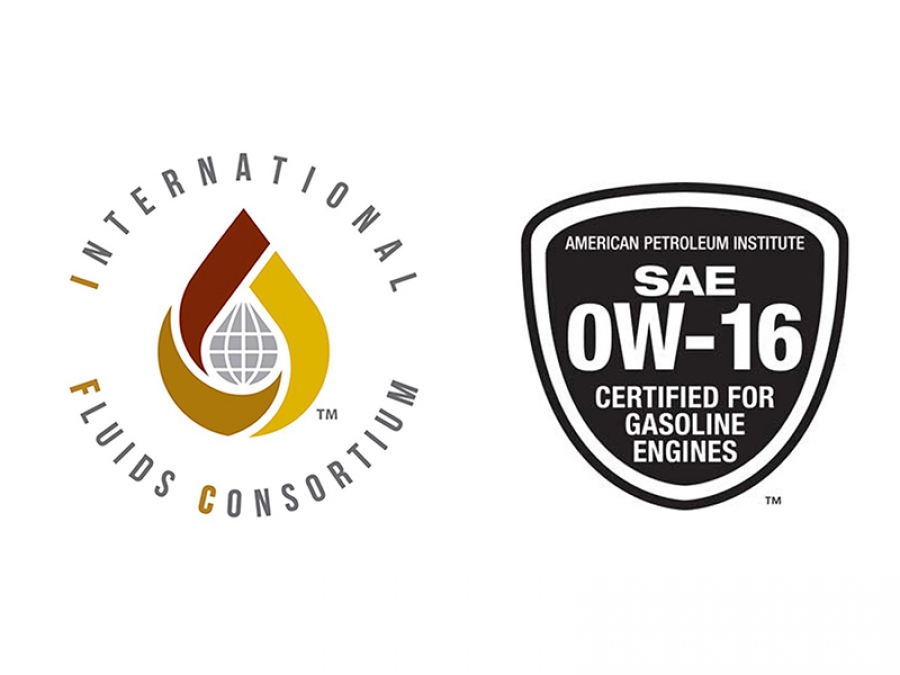In recent years, the ILSAC, the International Committee for the Standardization and Approval of Lubricants, has made great efforts to determine the quality of lubricants based on the needs of automakers, but it's apparently out of date.
Representatives of the world's leading automakers have formed an international consortium for the types of liquids needed for products, called IFC for short. The move was officially announced at a digital conference last week at the World Congress of Automotive Engineers (SAE). Toyota Kowalski, the chief engineer at North America, explained the fluid specifications of the automakers based on the consortium's structure and assured that the structure would support current and future vehicle technologies. But the most vital point is that this consortium can potentially be mentioned as a replacement for the ILSAC Committee, which was established in 1992. The first standard committee introduced was the GF-1. During the committee's 28 years of operating, six quality levels introduce. The last one was the GF-6, which was licensed by the American Petroleum Institute (API) in 2020. According to a press release, the automakers have formed the consortium to achieve a better alliance in ensuring the quality of liquids with the use of vehicles. According to the statement, final manufacturers (OEMs) are designing new and innovative technologies in the automotive industry more rapidly. This change will be in line with consumer expectations, government regulations, and technological advances, as liquids are a crucial part of supporting vehicle performance and evolution.
The press release stated: "At IFC; OEMs, liquid and lubricant manufacturers, marketers and additive suppliers come together to design a sophisticated system to improve the specifications of critical fluids to meet the needs of vehicles. "IFC's activities coordinate the technical specifications of products around the world and, while simplifying the development and validation process, also improve the productivity and performance of these productions." Another part of the consortium's statement states: "Their goal at the international level is to accelerate admissions to invite specialists from various industries to boost the performance of fluids and lubricants." Industry stakeholders have already expressed dissatisfaction with the current system, as the current trend is extremely time-consuming and costly. "The cost of engine trials can be in the hundreds and even millions of dollars per product, a process that can take up to more than a million dollars by conducting multiple tests to qualify for engine oil formulations." "We intend to provide comprehensive fluid technology to all power transmission systems in vehicles with internal combustion engines (ICE) and even all-electric vehicles," announced members of the Global Liquids Consortium.
In fact, a new body is to be set up to determine strategy and standards, which includes the parts of this chain. According to the schedule, the first standard of this consortium is being developed, but it will probably be unannounced until the end of 2021.




